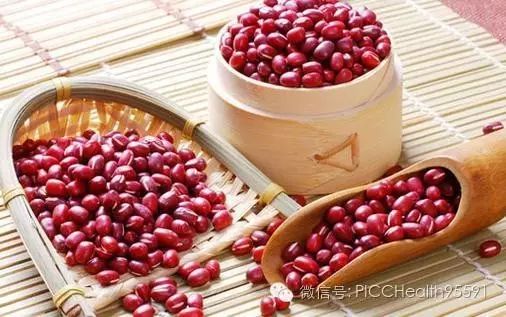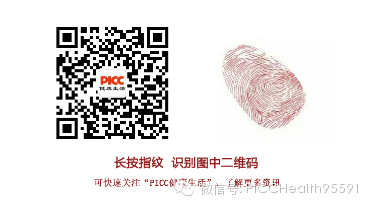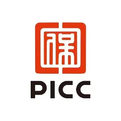Question: Frequently experiencing pale complexion, weakness, dizziness, and palpitations, diagnosed as blood deficiency (xue xu) in Traditional Chinese Medicine (TCM). How can one nourish blood deficiency?
Answer: Blood deficiency needs to be addressed through diet, Chinese herbs, and mental well-being.
1. Dietary Nourishment
1. Regulate the spleen and stomach through food, as they are the source of qi and blood production. Only when their functions are normal can blood be generated properly. TCM believes that pumpkin, which is sweet and rich in fiber, is a warming food that can help regulate the spleen and stomach and promote bowel movement. Additionally, avoiding spicy, stimulating, and excessively cold foods is also crucial for caring for the spleen and stomach.
2. Regularly consume foods that nourish blood, such as spinach, peanuts, lotus root, black fungus, chicken, pork, lamb, and sea cucumber. Fruits like mulberries, grapes, red dates, and longan are also recommended.
3. Eat more red and black foods, such as red dates, brown sugar, red beans, sesame, and black chicken. When consuming these, be mindful of controlling fat intake, as excessive oil can affect nutrient absorption.

2. Herbal Nourishment
1. Many Chinese herbs have blood-nourishing properties, such as Shu Di Huang (Rehmannia glutinosa), Bai Shao (White Peony), Dang Gui (Angelica sinensis), Chuan Xiong (Ligusticum chuanxiong), Gou Qi Zi (Goji Berries), and Huang Qi (Astragalus). These can be used in soups or teas.
2. Additionally, these herbs can be combined with blood-nourishing foods to create delicious medicinal dishes, such as Dang Gui Lamb Soup and Si Wu Chicken Soup, both of which have excellent blood-nourishing effects.
3. Mental Regulation
1. Avoid overexertion. TCM believes that excessive fatigue and worry can secretly deplete blood. Therefore, women with blood deficiency should avoid overexertion, especially excessive worrying.
2. Individuals with blood deficiency often experience low spirits, insomnia, forgetfulness, and difficulty concentrating. Thus, it is important to focus on mental cultivation and maintain concentration.
4. Other Considerations for Regulation
1. Weight loss should not be pursued hastily. The essence of weight loss is to expend more energy than consumed. Regardless of whether through exercise, medication, or dieting, weight should not drop too quickly, as this can easily lead to blood deficiency.
2. Eye care is important; traditional TCM holds that “prolonged viewing harms blood.” Therefore, individuals with blood deficiency should pay attention to resting and caring for their eyes to prevent excessive eye strain from depleting qi and blood.
Warm Reminder: Through the explanations in this article, we believe you now have a preliminary self-assessment of this health condition. If you or your family have any further questions regarding your health, you can use the health consultation service in our WeChat service account “We Health” or call the health management consultation hotline at 95591-3.
(Source: Medical Experts from Renbao Health, Image Source: Internet)


